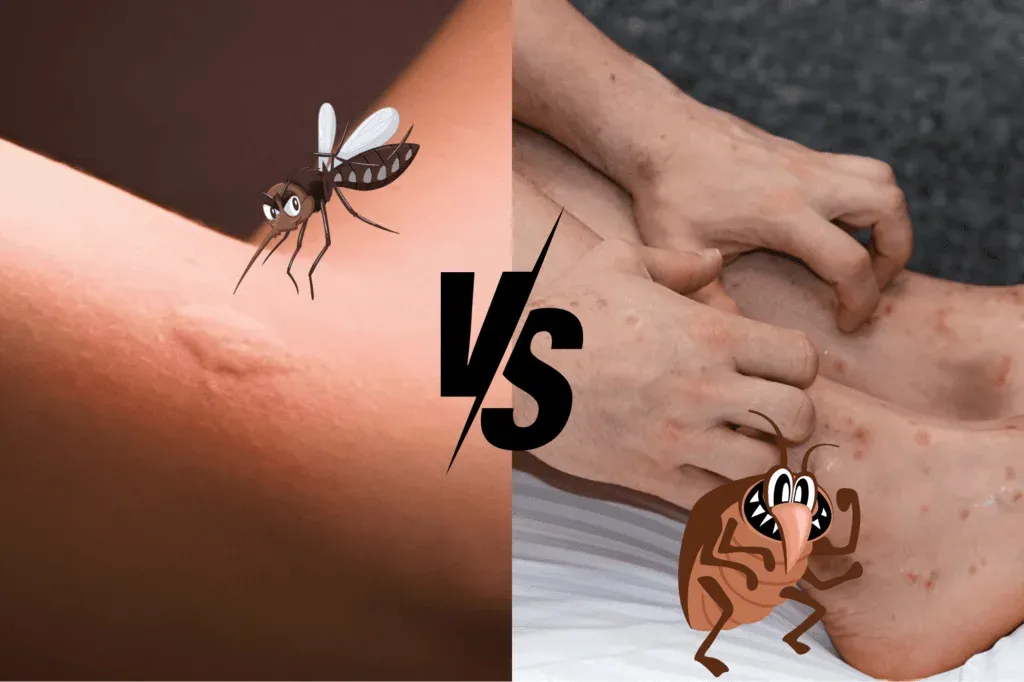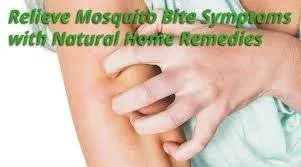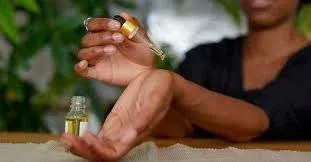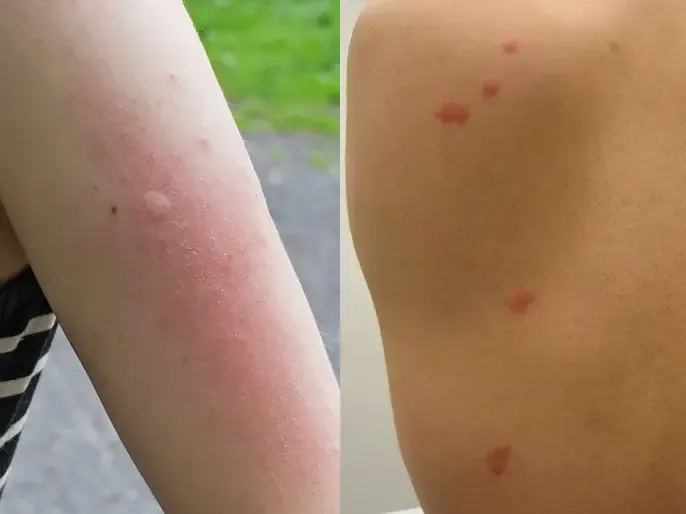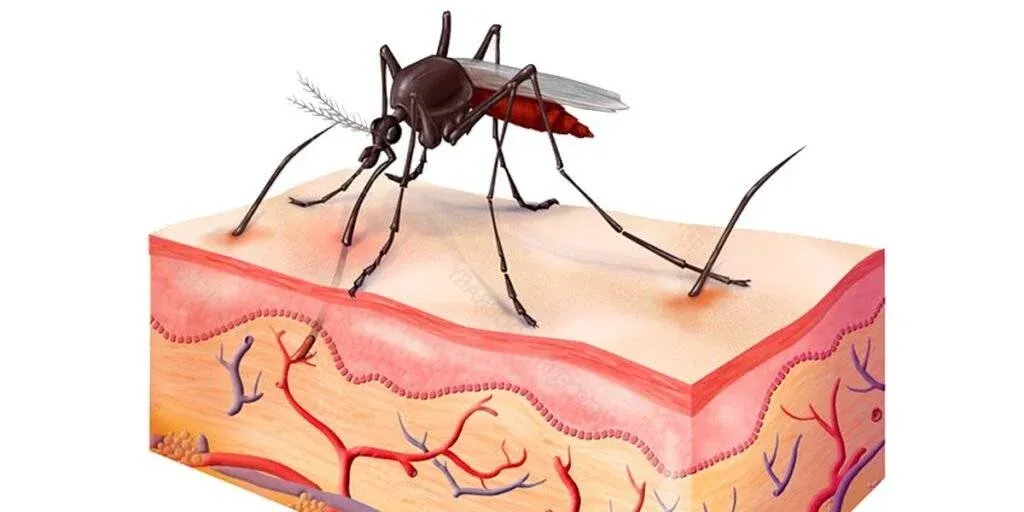When your child comes home with red, itchy welts, you might wonder if it’s just a typical bite or something more serious. For many children, a simple mosquito bite fades in a day or two. However, some kids develop intense swelling, warmth, and discomfort signs of an allergic reaction to mosquito bites in kids.
This condition, often called Skeeter Syndrome, can cause exaggerated reactions that worry parents. Understanding what triggers it, how to manage symptoms, and when to seek help is crucial for keeping your little one comfortable and safe.
What Causes an Allergic Reaction to Mosquito Bites in Kids?
Every mosquito bite injects a small amount of saliva into the skin. That saliva contains proteins that prevent blood from clotting. When the immune system detects these foreign proteins, it releases histamines to fight them leading to redness and itching.
In some children, the immune system reacts more strongly than usual, causing an allergic reaction to mosquito bites in kids. Their body overreacts to mosquito saliva, resulting in large welts, blisters, or even flu-like symptoms.
Children are more prone to such reactions because:
Their immune systems are still developing.
They may not have built up a tolerance to mosquito saliva.
Kids tend to scratch bites excessively, worsening inflammation.
Symptoms of Mosquito Bite Allergies in Children
Not every mosquito bite allergy looks the same. Some kids experience mild swelling, while others develop severe symptoms that mimic infections. Here are common signs of an allergic reaction to mosquito bites in kids:
Large red welts around the bite area
Intense itching or burning
Warm or painful skin
Fluid-filled blisters or lesions
Fatigue or low-grade fever
Swelling in nearby joints or limbs
In extreme cases, children may experience anaphylaxis, a severe allergic reaction that requires emergency medical attention. Symptoms such as trouble breathing, dizziness, or facial swelling should never be ignored.
Home Remedies to Soothe Mosquito Bite Allergies
The good news is that most mild reactions can be treated safely at home. Here are some effective remedies for an allergic reaction to mosquito bites in kids:
1. Apply a Cold Compress
Cold therapy helps reduce swelling and numb the itch. Wrap a few ice cubes in a soft cloth and apply it for 10–15 minutes several times a day.
2. Use Aloe Vera Gel
Aloe vera contains cooling enzymes and natural anti-inflammatory properties. Applying pure aloe vera gel directly to the bite can soothe irritation and speed up healing.
3. Make a Baking Soda Paste
Mix one teaspoon of baking soda with water to form a paste. Apply it on the bite for 10 minutes, then rinse. This helps neutralize the pH level of the skin, reducing itchiness.
4. Try an Oatmeal Bath
If multiple bites are causing discomfort, add a cup of colloidal oatmeal to your child’s bath. It calms inflamed skin and offers instant relief.
5. Use Calamine or Hydrocortisone Lotion
Both are effective at reducing inflammation and redness. Always use child-safe versions and apply as directed by your pediatrician.
6. Keep Nails Short and Clean
Children often scratch bites, leading to infections. Keeping their nails trimmed minimizes the risk of bacteria entering the skin.
When to See a Doctor
While most bites improve with home care, medical attention may be necessary if your child shows the following signs:
The swelling worsens after 24 hours.
The area feels hot, firm, or develops pus (a sign of infection).
Your child has a fever or body aches.
Bites continue to cause extreme swelling each time.
Your pediatrician might recommend oral antihistamines, topical steroids, or allergy testing to confirm whether your child has a true allergic reaction to mosquito bites in kids.
How to Prevent Mosquito Bites in Kids
Prevention plays a big role in avoiding allergic reactions. Reducing mosquito exposure can keep your child safe and bite-free. Here are proven ways to prevent mosquito bites:
Use child-safe repellents: Choose products with low concentrations of DEET or picaridin.
Dress them in protective clothing: Long sleeves, pants, and socks help minimize skin exposure.
Install window and door screens: Keep mosquitoes from entering bedrooms and play areas.
Eliminate standing water: Mosquitoes breed in stagnant water, so empty buckets, planters, and puddles.
Avoid outdoor play at dusk and dawn: These are peak mosquito activity times.
Use natural repellents: Oils like citronella, lavender, and eucalyptus are effective when properly diluted.
By following these steps, you can significantly lower the chances of an allergic reaction to mosquito bites in kids and ensure peaceful, itch-free evenings.
Natural Healing Tips and Skin Care
Aside from immediate treatments, nurturing your child’s skin helps reduce the impact of bites and prevent scars. You can:
Apply coconut oil to keep skin moisturized and protect from infection.
Give your child plenty of water to support healing from within.
Use light, breathable clothing to reduce sweat irritation around the bites.
If your child experiences recurring or severe allergic reaction to mosquito bites in kids, consider discussing preventive allergy medications with your pediatrician.
Final Thoughts
An allergic reaction to mosquito bites in kids can be alarming, but it’s manageable with awareness and quick action. Understanding the cause, recognizing the symptoms early, and using gentle home remedies can make a big difference in your child’s comfort and recovery.
Moreover, prevention remains the best defense. By keeping mosquitoes away and protecting your child’s skin, you can ensure they enjoy outdoor play safely without the worry of itchy welts or allergic flare ups.
Remember, children’s skin is more sensitive than adults’, so prompt care and consistent prevention can go a long way in maintaining their health and happiness.

